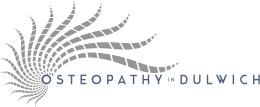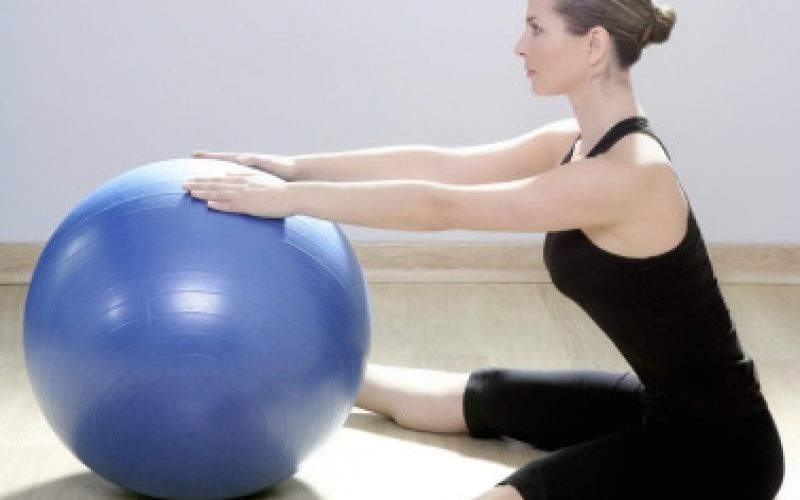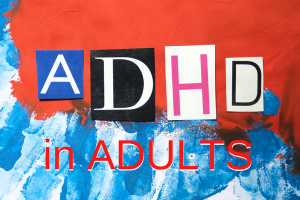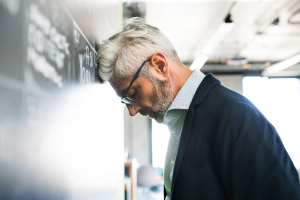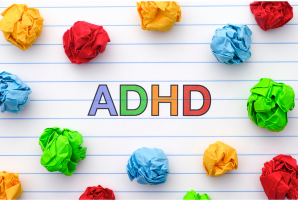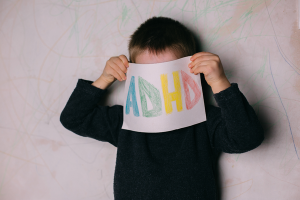Many people ask me “ I don’t have a back problem or any injuries so why should I do Pilates?”
We know that Pilates is good for building and maintaining “core” strength which can help with some spinal related problems, but it does so much more than that. Fundamentally pilates is about whole body movement.
To get the most out of a Pilates class you really need to connect to your body and be in the moment, with experience this improves our overall mind / body awareness and can become a moving meditation.
This concept has become fashionable recently but Joseph Pilates and his peers were decades ahead of their time. The added bonus is that everything you learn in a Pilates class carries over into your other activities, making you more aware of how you move and hold your body in your daily life. Numerous research studies have uncovered many other benefits to the method, here are just 10…
Reduces stress and anxiety.
Some us arrive to class feeling stressed or anxious but leave it feeling good? This isn’t in your head or the result of my terrible jokes, according to a US university study mindful exercise appears to change the chemistry of the brain by causing the release of the chemical GABA, a neurotransmitter which helps quieten brain activity resulting in that Ahhh! Post class calm.
Boosts immunity
Regular exercise including pilates can reduce the risk of some serious health conditions, including heart disease and diabetes. Some studies suggest it can also decrease your chances of developing more common illnesses too, such as colds and shake them off more quickly if you do succumb.
Improves sleep
One study demonstrated that people who exercised regularly for 10 weeks reported improvements in their sleep patterns including getting to sleep much faster and a decreased need for sleep-promoting medication. The flow, rhythm and breathing used in pilates can facilitate this too
Improves long-term brain function
All exercise increases chemicals in the brain that help cognition, such as dopamine, glutamate, norepinephrine, and serotonin as well as improving the supply of blood and oxygen to the brain.
Reduces levels of the stress hormones
Cortisol is a chemical which prepares our body for a fight or flight response. It raises blood pressure and heart rate. It’s supposed to be in the body just for a short period, continual high levels high in our blood can contribute to low immunity, sickness, poor sleep and low mood. Exercise is really helpful in reducing stress in the body and making you more resilient to future stress triggers.
Reduces insulin level and improves insulin sensitivity
Insulin is the energy storage hormone, the higher the insulin levels in your blood, the more of the energy you consume will be put into the fat cells. Too much insulin makes you store fat, feel tired and just want to sit on the sofa. If insulin is in your blood, it blocks the signal in your brain that you are full. Your brain thinks your starving even though you’ve just eaten a big meal. You keep overeating. When your brain becomes more sensitive to the insulin levels in your blood, it “sees” that you’ve eaten, and it will be less likely that you’ll reach for that snack.
Improves digestion and bowel function
Pilates encourage deeper fuller and longer breaths, good functional breathing results in the diaphragm contracting and moving down with inhalation, then relaxing and moving up with exhalation. This pumping action “massages” the digestive organs helping blood supply which can improve our absorption of nutrients and abdominal discomfort such as IBS. Pilates increases the movement of the whole torso which in turn increases the contractions of the wall of the intestines ‘massaging’ internal organs helping to move things along through the intestinal tract more easily, and decreasing the time it takes to pass through the large intestine which can prevent constipation.
Releases endorphins
Exercise releases endorphins, the brain natural “feel-good” chemicals that boost mood and as well as relieve stress. This can enhance self-esteem and self-confidence.
Aids relaxation
One of the key principles of Pilates is relaxation. Classes teach you how to let go of m muscular tension while releasing poor movement patterns and bad habits. While how to move your body more efficiently, helping you release bad habits. You learn how to relax the parts of you that don’t need to be working so hard and how to move your body more efficiently.
Younger looking, more blemish-free skin
The increase in circulation delivers more blood flow and nutrients to our skin while allowing impurities and waste to be removed. The result a healthier looking complexion!
